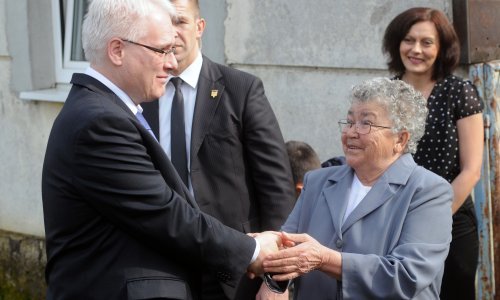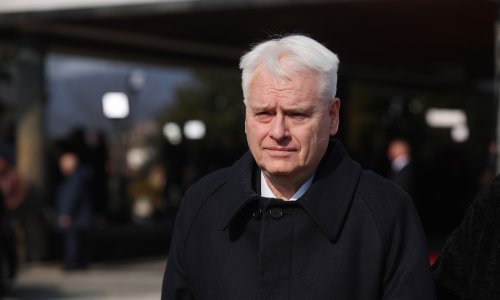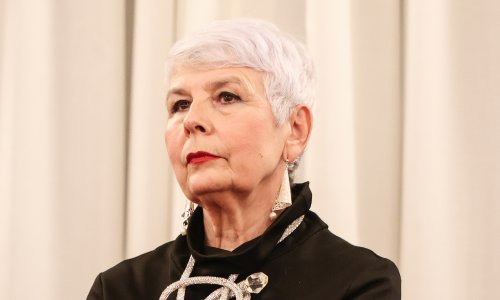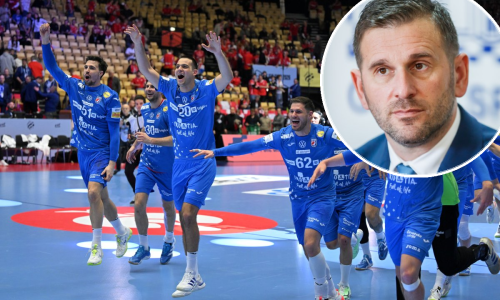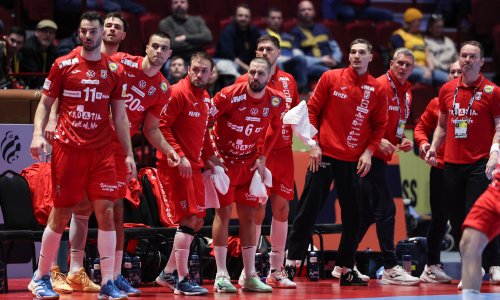Serbia's Foreign Minister Vuk Jeremic on Friday declined to comment on the ongoing judicial proceedings before the Belgrade High Court for the rehabilitation of the Chetnik leader Draza Mihailovic, who was executed by the firing squad after convicted of high treason and war crimes by the authorities of the People's Federal Republic of Yugoslavia in 1946.
"This is primarily an internal matter and a very delicate issue for Serbia, and I would not comment on that outside my country," the Serbian minister said in Brussels when asked by reporters about the repercussions of the possible ruling by the court to rehabilitate Mihailovic, who was at the helm of the Chetnik collaborationist movement during World War II.
His grandson Vojislav Mihailovic launched the proceedings for clearing the name of his grandfather, asking for the restitution of his civil rights. On the other hand, the Serbian Anti-Fascist Alliance and similar associations asked that the request be rejected.
Asked what message Serbia would send out to the world in case of Mihailovic's rehabilitation, the Serbian minister said: "Come to Belgrade and we will then speak about that".
Possible rehabilitation of Mihailovic, as speculated by the media, has stirred up negative reactions in Croatia and Bosnia and Herzegovina where Chetnik forces perpetrated war atrocities in WWII and Chetnik followers also committed war crimes during the two countries' war for independence from the former Yugoslavia in the 1990s.
Croatian President Ivo Josipovic deems the possible rehabilitation of the Chetnik leader as detrimental. He said that revising the Chetnik movement in Serbia was not a good move, adding that Draza Mihailovic had been a war criminal and that the Chetniks had been part of the occupying corps, "leaving thousands of victims, not only in Croatia."
The Deputy Speaker of the Bosnian parliament's House of Deputies, Denis Becirovic, has sent an open letter to Serbian Parliament Speaker Slavica Djukic-Dejanovic protesting against announcements that Serbia would rehabilitate Mihailovic, the leader of the Serb Chetnik movement that collaborated with the Axis powers in World War Two.
Becirovic warned that the announced rehabilitation of Mihailovic was also the rehabilitation of the Chetnik ideology "which represents a direct threat to the independence, sovereignty and territorial integrity of Bosnia and Herzegovina, Croatia, and Montenegro."
"The completion of the process of legalising the Chetnik movement and ideology in Serbia is not only Serbia's internal matter, in the long-run it could lead to the legalisation of the Chetnik project of a Greater Serbia at the expense of other countries in the region," Becirovic said.
He recalled that the ideology project of forming a homogenous Serbia was directly implemented by Mihailovic who encouraged ethnic cleansing in Bosnia so as to remove the Muslim and the Croat population from the country.





